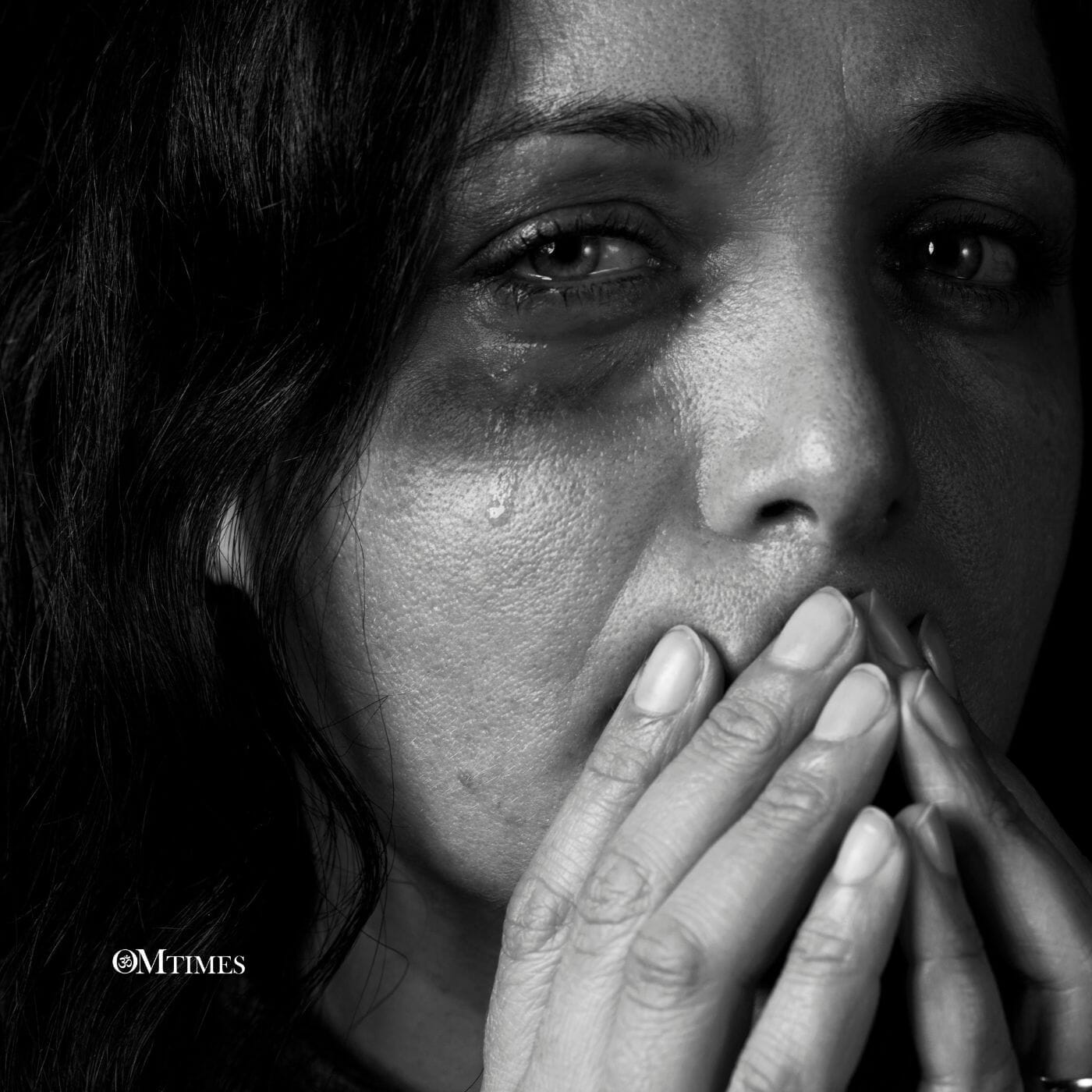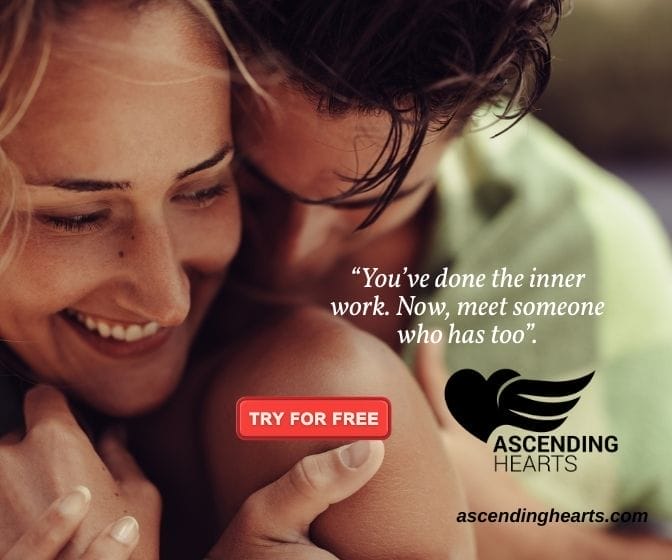Moving Beyond the Victim Role

Do you sometimes feel that you are a victim? It is important to make conscious, empowered choices on our own behalf and not play the part of the victim.
Taking Personal Responsibility and Getting out of the Victim Role
An essential part of being an adult involves taking responsibility for ourselves. This means making conscious, empowered choices on our own behalf. Children can’t do this because they are too unformed and helpless to understand or deal with everything happening to them. Children need the adults in their lives to care for them and protect them from harm, from living a victim role.
As adults, we have the intellectual and emotional capacity required for self-care. Everything we learn is processed into a deeper understanding of ourselves and our world as we grow. The more experience we accumulate, the wiser we can become and the more aware and empowered our life choices can be.
Some people are very good at being responsible adults. They make conscious, informed decisions about their lives and, as a result, are confident, secure, and productive. Others prefer to abdicate their personal responsibility, leaving it up to others to take on the adult role in their lives. These individuals are holding on to their identity as a child, hoping to compensate for the care that was lacking in their early life and not understanding that this can’t be done.
People who take responsibility for themselves can learn from their mistakes because they’re able to acknowledge that they’ve made a mistake. Those who abdicate responsibility are unwilling to recognize that they’ve made a wrong choice. These individuals will never have the opportunity to correct their behavior and make better choices in the future. They’re doomed to suffer the consequences of these bad choices repeatedly.
Responsible adults are empowered in their relationships. They are able to express their needs and share their feelings freely. They can confront their partner about problems that arise between them and are able to resolve conflicts with minimal difficulty. Because they hold themselves accountable, they don’t engage in blaming or shaming, and they don’t make excessive or unreasonable demands. They respect their partner, which results in mutual trust and greater closeness.
Those who refuse to be adults in their relationship must resort to indirect and manipulative or passive-aggressive to express their needs and feelings. These behaviors result in a high degree of conflict and low intimacy. The child-identified individual wants their partner to take care of them, and this has a number of possible outcomes:
They might get into a co-dependent relationship in which both parties take turns being taken care of by the other. Ultimately, this type of relationship will result in frustration and mutual resentment. The child-identified individual might also find a willing caretaker in an abusive, controlling individual. These relationships are fraught with emotional and physical violence.
Alternatively, they might meet a mature adult who would have been happy to love them if it weren’t for their refusal to stand on their own two feet. An empowered adult will have no interest in being the caretaker of an otherwise capable adult, and they will quickly exit the relationship.
An individual who insists on making other people responsible for their life leads to a chaotic existence full of unnecessary suffering. A helpless child is potentially a sitting duck for the sociopathic predators of the world. In the same way, the child-identified adult’s refusal to act on their own behalf and their attitude of extreme neediness and dependence make such an individual into ideal prey.
Whereas a child could have a real-life adult to protect and defend them from harm, the adult who abdicates responsibility has abandoned themselves. They are the classic victim, living in the futile hope of being rescued. In reality, the only person who would take on such a task would be someone who is emotionally troubled.
As I said above, a healthy adult isn’t interested in caretaking another grown-up, and they certainly aren’t looking to rescue anyone. They want a relationship of empowered equals where both parties share and care but don’t expect to parent.
Those who take on the rescuing role always have ulterior motives, usually to be cared for and rescued themselves, but sometimes to dominate and oppress. The person who chooses to be a victim guarantees that at best, they’ll suffer unpleasant co-dependency, and at worst, they’ll be chronically mistreated.
The way out of the victim’s role is to choose to grow up and live as a fully-fledged adult. It means recognizing that the dream of being cared for is false. The child-identified adult needs to see that once childhood is over, they are the only person capable of appropriate self-care.
There is no compensating in the present for lack of love or care during childhood. The way to deal with such a past is not to remain a child but to embrace adulthood. When someone finds their power and realizes that they now have a choice about what happens in their life, they free themselves from the victim role of today and the helplessness they experienced years ago. They can let go of unnecessary suffering and embrace a life full of the possibility of happiness and success.
You will also enjoy Free Yourself to Forgive
Click HERE to Connect with your Daily Horoscope on OMTimes!
Visit Our Astrology Store for Personalized Reports
About the Author
Marcia Sirota MD FRCP(C) is a board-certified psychiatrist that does not ascribe to any one theoretical school. Rather, she has integrated her education and life experiences into a unique approach to the practice of psychotherapy. She considers herself a realist with a healthy measure of optimism. Sign up here for her free monthly wellness newsletter. Listen here to her latest podcast. mariasirotamd.com
Originally published Oct 6, 2013
OMTimes is the premier Spiritually Conscious Magazine. Follow Us On Facebook, Twitter, Instagram, Linkedin, Pinterest, and Youtube
Dr. Marcia Sirota is a Toronto-based board certified psychiatrist specializing in the treatment of trauma and addiction, as well as founder of the Ruthless Compassion Institute, whose mandate is to promote the philosophy of Ruthless Compassion and in so doing, improve the lives of people, everywhere.







